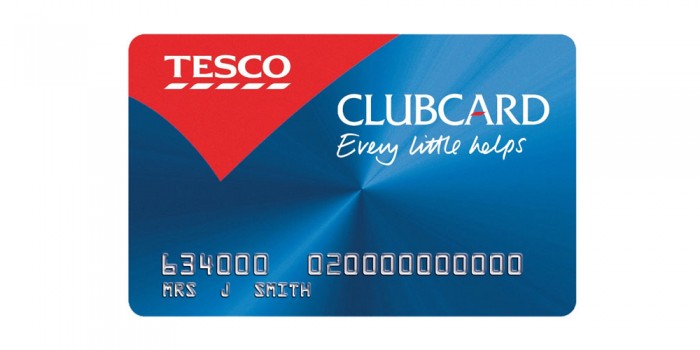The Customer Loyalty Myth
The suggestion that customers can be loyal is odd. Think about it for a moment; who are you really loyal towards? Your family, your friends, your colleagues? Loyalty exists for...
The Psychology of Shopping: the Tesco Clubcard

The British supermarket chain, Tesco, has grown very successfully over the years and is now the world’s third largest retailer. According to one source more than 15 million people in the UK had a Tesco Clubcard (it’s loyalty card) in 2010 – that’s almost one third of the adult population.
On the face of it it’s not hard to see the appeal of Tesco’s ‘loyalty’ card: shoppers tell themselves that they would be shopping there anyway and, by using their Clubcard they receive ‘free’ points that they can save up and spend later. Further savings in the form of offers for selected products are also mailed to them from time to time.
The psychological appeal of such a scheme is obvious enough: evolution has equipped many of us with a strong basic desire to save. That we no longer need to hoard nuts and berries to get us through the winter doesn’t switch off that part of us that feels motivated to save in one form or another.
Leveraging this desire is particularly astute for a supermarket like Tesco: much of the attraction to supermarket shopping that drove its growth (and still drives marketing today) is the opportunity to shop conveniently and, above all, cheaply.
I still recall when Asda opened up a large supermarket in my home city when I was a child: my parents would drive several miles once a month to fill the car with food (much of it for the freezer), motivated by the chance to reduce their monthly food bill.
But here’s the thing: with so many people having a Clubcard and receiving these ‘free’ points and discounts, it must surely be costing Tesco a fortune, mustn’t it? How can they be making a profit? (Don’t worry, they’re doing fine.)
In fact, through a combination of growing profit in the UK and global expansion, they have posted record annual profits every year since 2001. Part of the UK profit is driven by introducing new product categories and services but, as you’re about to see, those discounts on shopping Clubcard members receive aren’t all they are seen to be by customers.
The Clubcard plays on the mechanisms of the unconscious mind to impressive effect: it takes advantage of the broad rules of thumb (or heuristics) consumers rely on to make shopping efficient.
Here’s an example of vouchers that my wife received recently:
How is this playing on unconscious processes? What is the consumer psychology behind the use of the card?
When it comes to this type of loyalty scheme consumer psychology often shares a lot with gambling psychology:
Tesco has been extremely astute with its Clubcard. It has seduced customers into telling the brand how they can be marketed to effectively. A mark of their success is that, even when you point out the true nature of the card’s influence, customers still want to use it. They have worked hard to make using their Clubcard a habit that shoppers don’t want to kick.
Image courtesy: